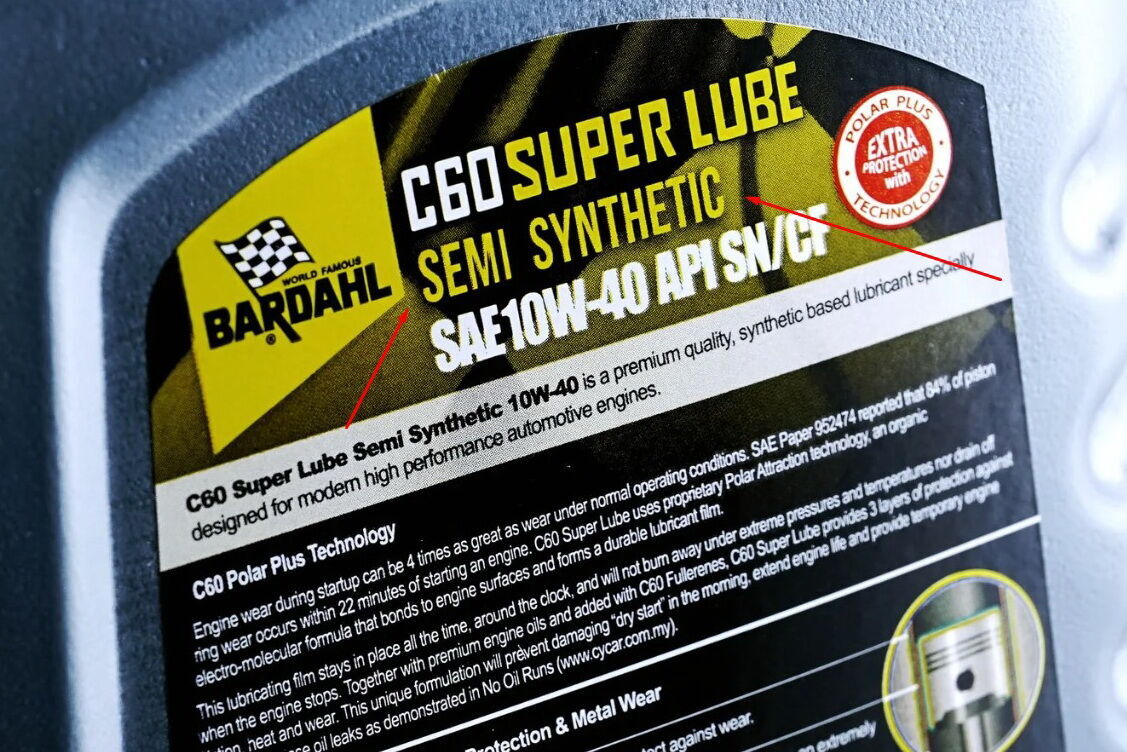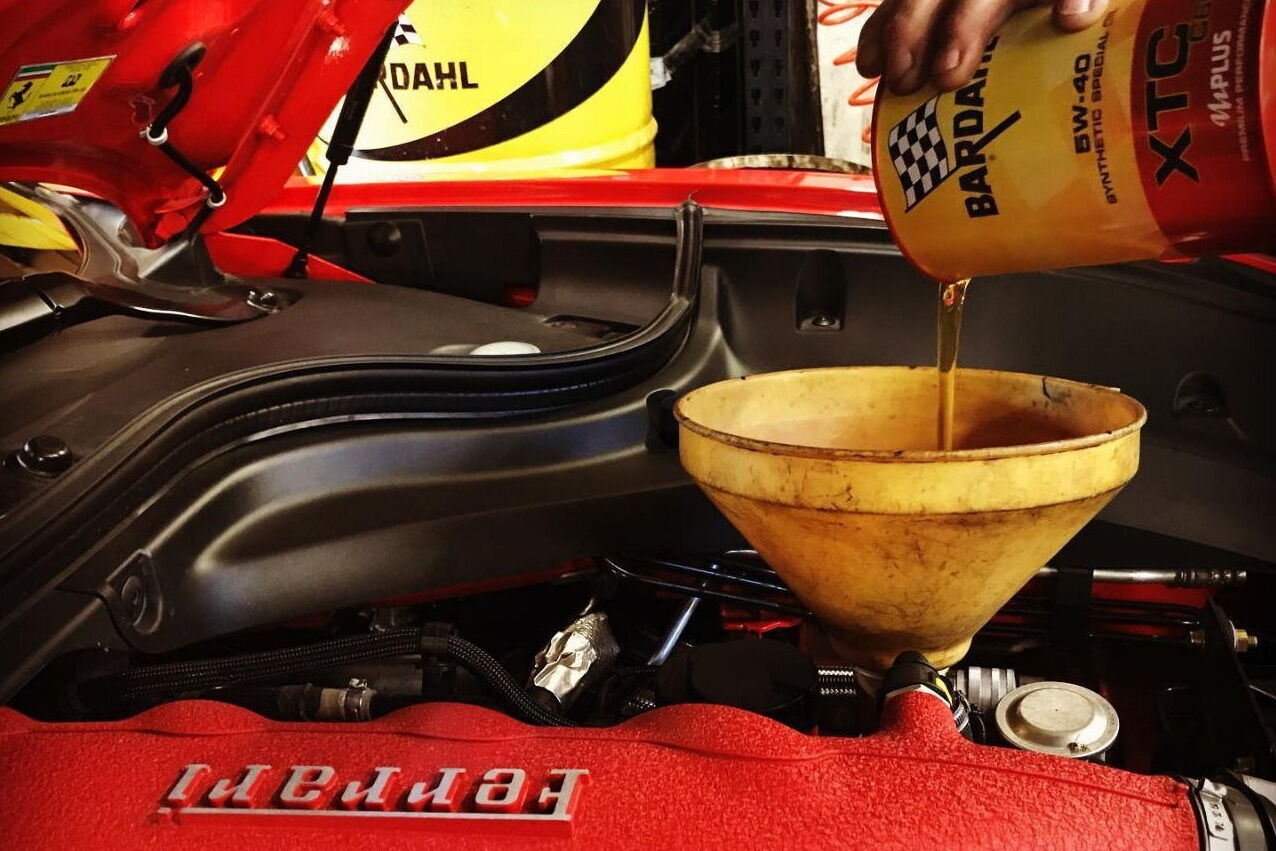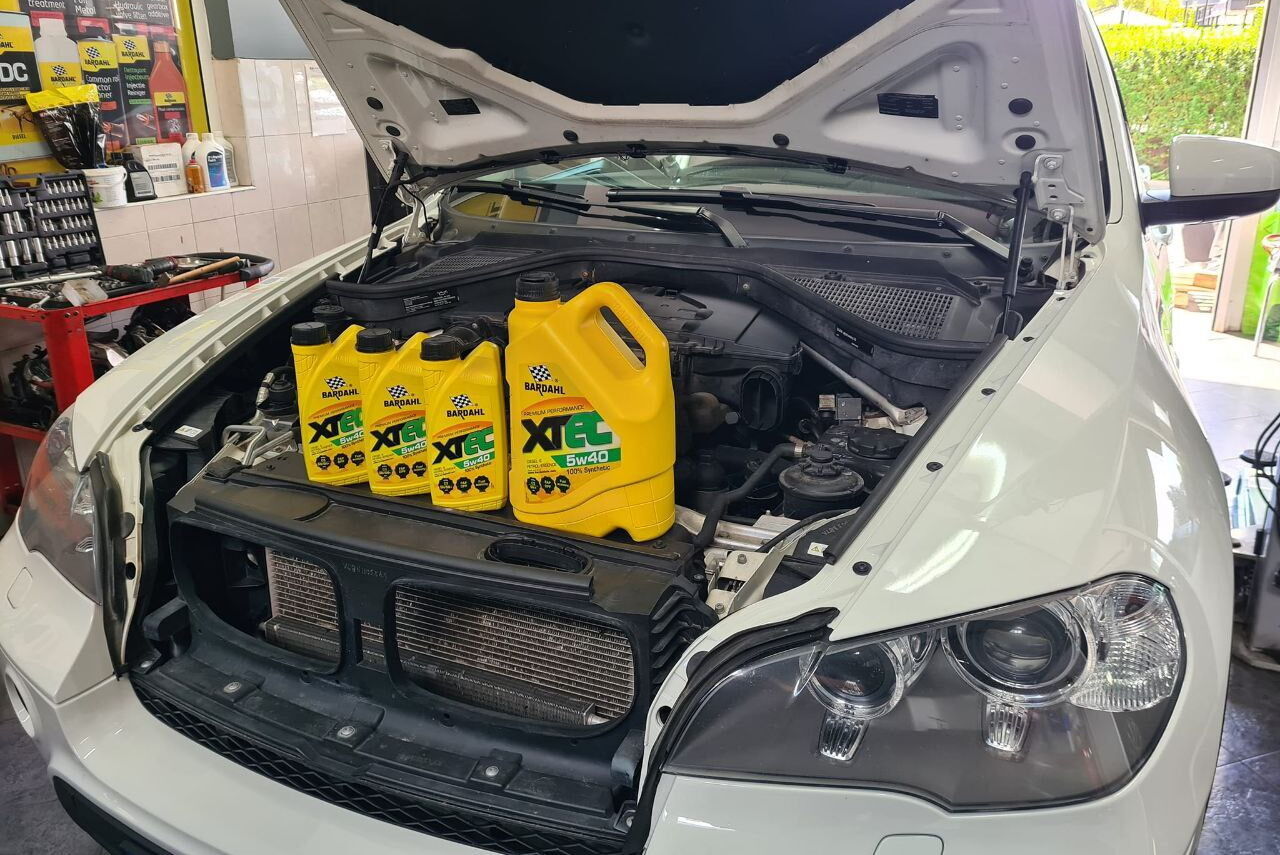News
Motor oil selection: what to consider and how to look for it
Engine oil is a critical element in ensuring the reliability and performance of your vehicle. It lubricates the engine, reduces friction, and ensures efficient heat dissipation. But how do you choose the right engine oil?
AutoOboz has prepared a comprehensive review to answer these and other questions. Our experts have given advice on what key factors to consider when choosing engine oil.
Types of engine oil
– Mineral oils
Mineral oils, which can be recognized by the Mineral label on the package, are obtained from the primary processing of oil and are characterized by high viscosity. This type of oil is obtained by distilling and refining oil and is the most affordable compared to other types of oils, such as synthetics or semi-synthetics.
Mineral oils require frequent changes and are best suited for older engines that are more than 10-15 years old.
– Synthetic oils
Synthetic oils, which are labeled Fully Synthetic on the packaging, are made by chemical synthesis rather than refining raw materials. Synthetic oils reliably protect the engine, prevent the formation of carbon deposits, clean the internal surfaces of the engine and have stable characteristics over a wide temperature range.
These oils are suitable for modern engines and extreme operating conditions, including low and high temperatures.
– Semi-synthetic oils
Oils are designated as Semi-Synthetic and are a mixture of a mineral base with a certain amount of synthetic additives. This allows to increase the performance characteristics of the base oil almost to the level of synthetics.
Typically, the ratio between synthetic and mineral components in semi-synthetic oils is approximately 70% to 30%, respectively. It is worth noting that the mineral component makes semi-synthetics more sensitive to temperature changes, compared to synthetic oils, for example.
According to climatic conditions, motor oils are divided into:
1. Summer engine oils remain stable at high temperatures, creating the necessary protective layer. It helps reduce friction between the moving parts of the engine, prevents overheating and premature engine wear.
2. Winter engine oils have a lower viscosity and better fluidity at low temperatures. In cold weather, they remain sufficiently liquid to provide the necessary lubrication, facilitate engine starting, and prevent oil starvation.
3. Universal (multigrade)
Universal motor oils hardly change their viscosity depending on temperature conditions. These oils are usually synthetic or semi-synthetic and do not require replacement twice a year.
Vehicle manufacturer's tolerances
Each vehicle manufacturer provides recommendations on the type and viscosity of engine oil that should be used in their engines. These recommendations are called "tolerances". The tolerances define the minimum quality requirements for the engine oil and indicate whether it is suitable for a particular engine. Check your vehicle's owner's manual or contact the manufacturer to find out which tolerances apply to your engine.
If you don't have the manual at hand, you can use online oil selection services offered by almost all automotive chemical manufacturers. You can choose the oil:
- By brand/model, choosing the type of engine of your car
- By VIN code
- By contacting a specialist for advice
Engine oil viscosity
There are three main classifications:
- SAE
- ACEA
- API
The first classification (SAE) is international. It helps to determine the seasonality of the product: whether it is intended for winter, summer or all-season.
The API (American Petroleum Institute) classification divides motor oils into two types: oil for gasoline engines and oil for diesel engines.
The ACEA motor oil class is a division according to the specifications of automobile engines in Europe. According to ACEA, one oil is intended for off-road vehicles, and another for city cars with a small engine capacity.
There are two indicators that determine oil viscosity. The first one ends with the letter "W", which means Winter. This number shows how the oil moves at low temperatures, for example, when starting a cold engine. The second number determines the viscosity at normal engine operating temperatures.
Thus, 5W-30 will be less viscous than 10W-30 at startup, while 10W-30 will be more viscous than 10W-40 at normal engine temperatures. This is important because engine oils naturally become thicker when cooled, becoming more elastic when heated. Consequently, lightweight oils with low viscosity are more "mobile" and protect the engine at low temperatures. On the other hand, thick oils with high viscosity are better suited to maintain a strong oil film and protect the engine at high temperatures.
Seasonality and type of driving
If you live in an area with harsh winter conditions, it may be wise to use an engine oil formulated specifically for cold temperatures. It's also important to consider your driving style. If you drive sportily or with heavy loads, you will need an engine oil with improved resistance to temperature stress.
Mileage and vehicle class
The mileage of your car can influence the choice of engine oil. Older engines, especially those with high mileage, may require special oils with higher lubricity.
Regular maintenance
It is also important to ensure that the engine oil is changed regularly. Check the oil level and follow the replacement recommendations provided by your vehicle manufacturer.
Choosing the right engine oil for your vehicle is an important step in ensuring engine longevity and reliability. Follow the manufacturer's recommendations, take into account the climatic conditions and operating features, and your car will work for you, not the other way around! Equally important is high-quality engine oil from a trusted manufacturer. In addition, avoid fakes and buying lubricant "by hand", then the protection of the engine and other units that need lubrication is guaranteed,































